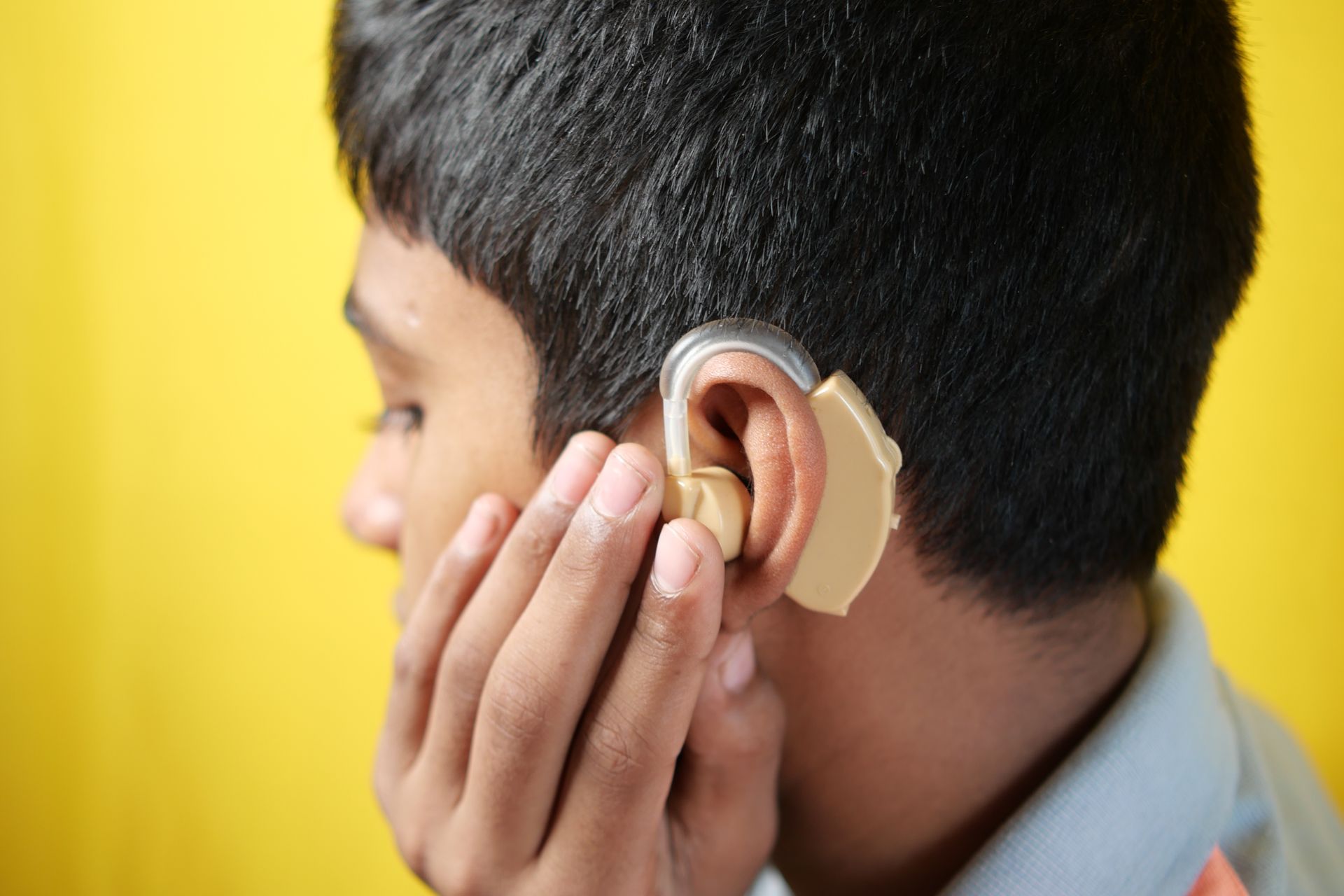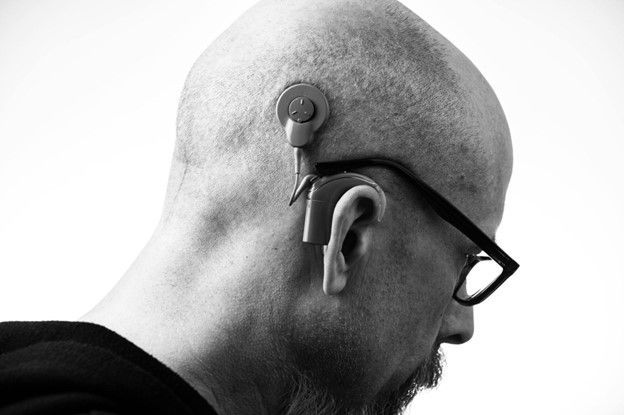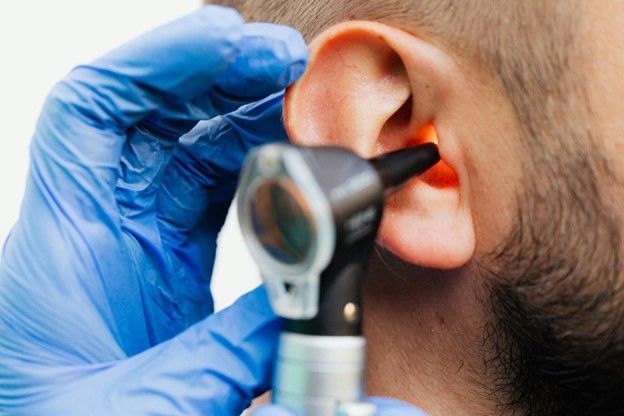When to Consult an ENT Specialist for Thyroid Disorder Symptoms
Thyroid disorders can affect anyone, regardless of age or gender. The thyroid, a small butterfly-shaped gland in the neck, plays an integral role in regulating the body's metabolism, energy production, and overall health. When something goes wrong with the thyroid, it can lead to a range of symptoms that may affect various bodily functions. Recognizing these symptoms early helps manage the condition effectively.
Common Symptoms of Thyroid Disorders
Thyroid disorders can manifest in many ways. Both underactive and overactive thyroid conditions can lead to different symptoms, making it important to pay attention to how your body feels.
Fatigue and Weakness
Feeling unusually tired despite a good night’s rest is one of the most common signs of a thyroid disorder. An underactive thyroid (hypothyroidism) can lead to fatigue and a general lack of energy, while an overactive thyroid (hyperthyroidism) can cause muscle weakness and exhaustion.
Weight Changes
Sudden weight gain or difficulty losing weight can indicate an underactive thyroid, while unexplained weight loss can be a sign of an overactive thyroid. Both of these conditions disrupt the body’s metabolism, causing fluctuations in weight.
Changes in Mood and Mental Health
Thyroid disorders can also affect mental well-being. Hypothyroidism may lead to symptoms of depression, anxiety, or irritability, while hyperthyroidism can cause nervousness, anxiety, and mood swings. Cognitive function may also be impacted, leading to memory problems or difficulty concentrating.
Skin and Hair Changes
Dry, flaky skin and thinning hair are common symptoms of hypothyroidism. In contrast, hyperthyroidism can cause thinning hair and brittle nails. Changes in the texture and appearance of the skin and hair may signal thyroid issues that need to be addressed.
Neck Swelling or Lump
A visible or palpable lump in the neck, often around the thyroid gland, is another sign of a thyroid disorder. This could indicate goiter, an enlargement of the thyroid gland, or even thyroid cancer.
When to See an ENT Specialist
While many thyroid disorders can be managed with medication or lifestyle changes, there are certain signs that warrant a consultation with an ENT (Ear, Nose, and Throat) specialist, such as:
Persistent or Enlarging Neck Lumps
If you notice a lump in your neck that does not go away or seems to grow over time, you must seek medical attention. An ENT specialist will perform a physical examination and may recommend imaging tests or a biopsy to determine the cause of the lump.
Difficulty Swallowing or Breathing
If you experience trouble swallowing or feel like something is blocking your throat, this could be due to an enlarged thyroid. In some cases, thyroid enlargement can press on the windpipe or esophagus, making it harder to breathe or swallow. An ENT specialist can evaluate the severity of the issue and recommend appropriate treatment options.
Hoarseness or Voice Changes
Voice changes, such as hoarseness or a raspy voice, may indicate thyroid problems, especially if they persist for more than a few weeks. This symptom can be caused by pressure on the vocal cords from an enlarged thyroid or a thyroid-related condition affecting the larynx. The specialist can assess your voice and recommend the best course of action.
Unexplained Neck Pain
Neck pain that doesn’t have an obvious cause or is accompanied by other thyroid symptoms may be related to a thyroid disorder. An ENT specialist can help determine whether the pain is due to thyroid enlargement or another underlying condition.
Do you need expert care for thyroid disorders? Our expert team at The ENT Medical and Surgical Group can help. Contact us today!










Get In Touch
NEW HAVEN
46 Prince St, Ste 601
New Haven, CT 06519
203-752-1726
BRANFORD
954 Main St,
(11 Harrison Ave entrance)
Branford, CT 06405
NEW HAVEN
46 Prince St, Ste 601
New Haven, CT 06519
203-752-1726
BRANFORD
954 Main St,
(11 Harrison Ave entrance)
Branford, CT 06405
Need Help?
Hi there! Have some questions about our company? Find the answers below.
-
How Do I Make An Appointment?
Please complete the Appointments Form or call the location number.
Reminder:
Before your first appointment, please ask your primary care physician to provide you with any pertinent information about your condition. This will include x-rays, CAT scans, lab tests, hearing evaluations, or any other information regarding treatments. Please bring this information with you at the time of your first visit.
We also ask that you contact our billing department at (phone) 203-234-2119 or (fax) 203-239-3047 prior to your first visit. A member of our staff will verify your insurance eligibility and help answer your questions.
-
How Long Does An Appointment Take?
The appointment length depends on the reason for your visit. We know your time is valuable, and we want to make your experience as good as possible.
-
What Insurances Do You Accept?
We accept most insurance. If your insurance plan requires a referral from your primary care physician, please have your doctor provide our office with this referral prior to your first visit. Unfortunately, these types of insurance plans will not pay for your care unless we have an active referral on file. You may wish to check with your insurance company prior to your visit to be sure that a referral has been issued.
-
How Do I Contact The Office During Off-Hours?
Please call our location office number. For emergencies, please dial 911.
-
What Is Your Policy For Missed Or Cancelled Appointments?
To better serve you and accommodate all patients, it is our policy to charge $50 for patients who do not show up for their appointment and charge $25 for patients who cancel in less than one business day.
Ready to Get the Care You Need?
ENT Medical and Surgical Group is committed to exceptional ear, nose & throat care and ensuring a great patient experience.
Get in touch with us and let us know how we can help!
Ear, Nose, & Throat Physicians in New Haven, North Haven, and Branford, CT. Call one of our offices today to schedule an appointment or to learn more about our medical and surgical services.
NEW HAVEN
46 Prince St, Ste 601
New Haven, CT 06519
203-752-1726
All Rights Reserved | Ear Nose & Throat Medical and Surgical Group, LLC.
Powered by:



